Well, despite my vow to avoid writing about politics, here’s another post about the situation in Bangkok. As the redshirts tear up the city, again, and the army tries to beat them into submission, again, it’s like some sick version of Batman vs The Joker – neither side wins, everyone loses, wash, rinse repeat. I don’t mean to crack wise – the situation is tense, deadly and will have long-term repercussions for the entire country as the death toll rises. Being stuck amid events like these is not something that us North Americans are used to, and I’ve written before about how it changes your perceptions of reality. It also really opens your eyes into the machinery behind circumstances like this, most notably the machinery of how information is distributed and consumed. In this regard, it’s been a salient – although deadly – crash course in the power of Twitter.
I’m certainly not the first one to write about the many uses of Twitter, and many more have much more intelligent things to say about the role of social media than I do (like Jon Russell’s great blog and this post from Six Revisions) but it’s been very interesting to have firsthand experience of how the micro-blogging service can function as a real-time window into a quickly evoloving situation. Of course I’ve read stories of Twitter’s role in this regard, but it’s the first time I’ve actually experienced it. For me, Twitter has gone from a goofy little tech toy to a vital piece of my informational jigsaw puzzle.
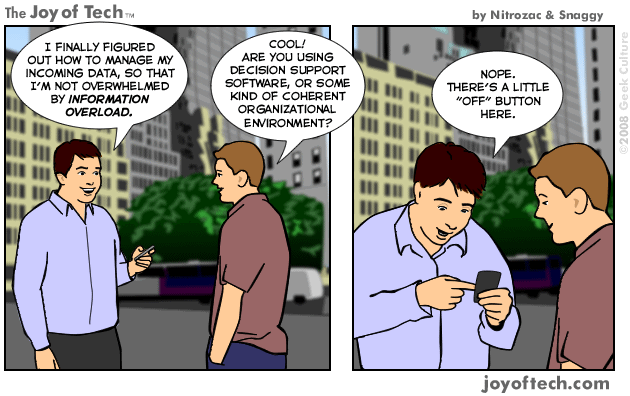
As a foreigner living in Bangkok, there are really only a few options for English-language news – the daily newspapers The Bangkok Post and The Nation, and a few scattered television and radio stations. Since I purged myself years ago of the brain-numbing effects of television in favor of the internet as my primary link to the outside world (since we all know that only wholesome content can be found online), I really only have these two newspapers to supply me with local English language news.
However, they both suffer from the same flaw – by the time I get around to reading them in the afternoon, the news is already old. (This is the same flaw facing the entire print industry, but that’s another story for another time). The newspapers’ websites are okay but only sporadically updated, and this is where Twitter busts into the room like Rowdy Roddy Piper and changes the rules.

On the ground: newspapers. Frothing at mouth: Rowdy Roddy.
Over the past few weeks, the constant stream of information coming into my phone and computer via Twitter has given me a real-time update of what’s going on on the street, directly from my friends’ mouths (or fingers) and unmolested by any attemps at censorship or spin. Well, usually… some of the people I follow definitely have an agenda, but most of it is simple observations of what’s happening at that moment where that person is. It gains even more traction when you consider that that specific piece of information can travel around the world many times over in literally a few seconds. On top of that, I’ve been exposed to many brave journalists, photographers, thinkers, writers and just regular ol’ folks who are going through the same vague uncertainty and fear that I am. When you rely on something like Twitter in a situation like this, you become a part of a community, and that in itself can be comforting.
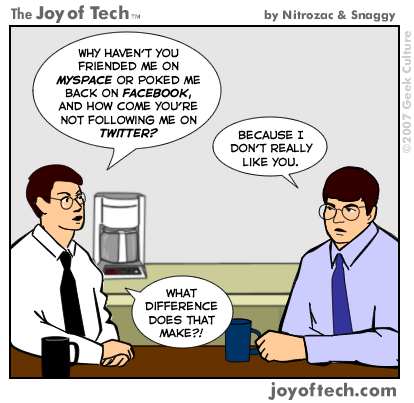
One or two little bits of information doesn’t amount to much – but as more and more bits start to flow into your mental inbox, a three-dimensional picture of what’s happening right at that moment in the environment around you emerges. From a post by Jon:
Social media has played a major role in reporting the details of the Bangkok protests across the world. Powerful images, compelling video footage, personal accounts and opinion have been amplified by Twitter, Facebook and blogs to the point where social media is a valuable accompaniment to media reports.
At any rate, Twitter has emerged as a vital tool for foreigners who want to keep up to date with what’s happening here, or anywhere. Without it, I would be relying on day-old news to keep updated on a situation that’s literally changing by the minute.
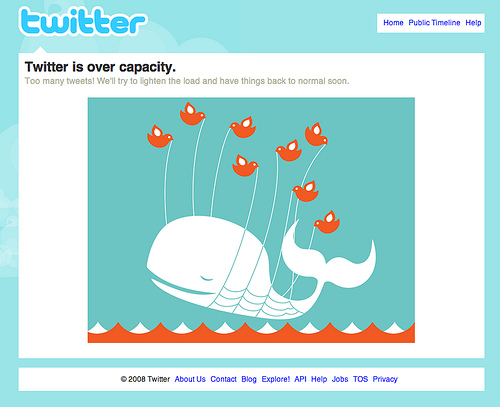
Twitter really is great. Except when it sucks.


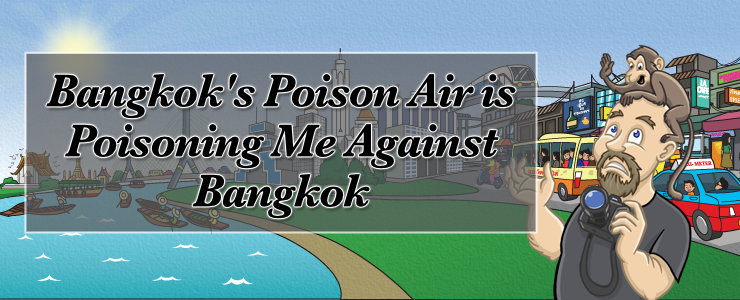
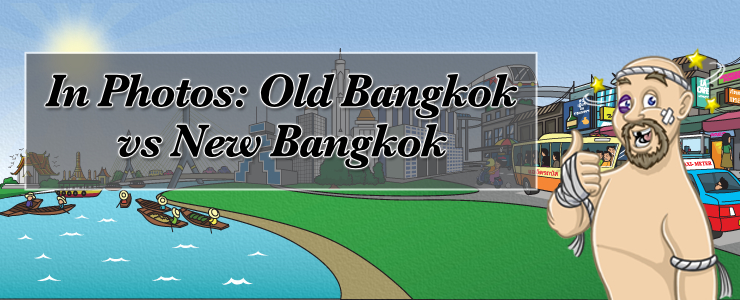
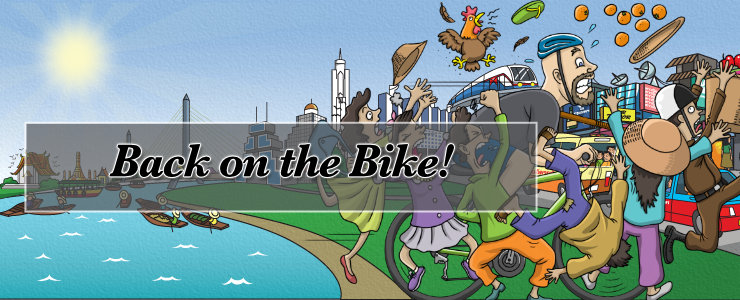
Twitter has indeed been invaluable, even if it’s sometimes overwhelming.
Some just retweet anything without any filter, elaborate the wildest plot theories (in 140 characters!) and spread the wildest rumours ("OMG #carnage #genocide") or troll like crazy ("Kill kill it’s all Thaksin’s paid minions, who cares about them, die die").
Take it all with a grain of salt and disconnect sometimes as it can be really overwhelming and depressing.
Don’t forget to check http://www.2bangkok.com/ which is also a good source of information as they translate bits of the Thai press. It gives insights into the Thai press, email forwards, …
Stay safe!
You should definitely do more to point out the downside of how Twitter is used as a tool for mass disinformation. I’m in the same position you are in that it’s become useful (outside of work) for the first time as an information tool, but it’s also exposed what a joke most of the so-called journalists that promote themselves via Twitter are. The focus is largely on sensational tweets of bullshit rumors designed to get people clicking and following that person.
By far the best Twitter information seems to come from average non-journalists uploading photos and Tweeting about what they see in their area.
Not that all the journalists are self-promoting hacks or that even the self-promoting hacks are always wrong, but when one labels oneself a journalists openly on one’s Twitter feed then one should attempt to live up to the standards of a journalist and not just re-tweet a hyped up version of whatever rumor the guys on either side just told you is true. If you’re simply going to use your Twitter feed to editorialize and pass on useless rumor (which, let’s be honest, is not in short supply in the journalistic black hole of Thailand) then you should strip the references to journalism from your feed and let us know that your Twitter account is where you, like everyone else, just spout whatever thing that pops into your ear or your brain.
Still, Twitter itself is just a tool and can be fantastically useful, I agree. It’s the users that should use it more responsibly and not fall back on the excuse that you can’t tell a whole story in 140 characters in order to tell the most histrionic story possible in that 140 characters.
I agree. I just got into Twitter because of this whole crisis and I’d be soooo behind the power curve without it. I wouldn’t doubt if both sides are using Twitter for Intel purposes either.
This article has been tweeted about in my timeline a few times already reinforcing the argument that twitter is a valuable pointer to views, news and pictures and videos.
The fluid situation can be tracked through posts from respected commentators and unrespected purveyors of particular lines.
Some of the trolls are expressing hatred, joy at the distressing situation and are providing mischievious disinformation regarding the whereabouts and health of people.
Censorship and the closing of websites is circumvented by citizens’ journalism via twitter and to a far lesser degree facebook
Great post and well-said. Personally never used Twitter until this protest. Have found it to be a revelation in information gathering in this unpredictable conflict. Like you, I have had to rely on images on tv in a foreign tongue, or repeditive reports from the BBC/CNN. It adds a whole new dimension to providing instant, unfiltered information in an unpredictable unfolding situation like this. In a way Its like reading a continual telex feed in a war room. Only this is much, much more powerful.
Strategist will no doubt take note and internet acess will become the first casualty in an urban conflict, followed by water, electricity and food..
Thanks everyone. Somchai, Nachomaans, etc, you are very right – I should also have mentioned how Twitter can be a great tool of MISinformation. When the Tweets are coming fast and furious, a lot of it can be totally useless, biased, rumormongering crap, and this is one of the great weaknesses of Twitter in that there is no filter. There have been times when I’m getting 20 or 30 tweets per minute and have simply decided to ‘unplug’ and come back in a few hours to see what the facts are. But I think we can all agree that the positives of Twitter definitely outweigh the negatives.
And, of course, Twitter is only useful as long as it works; if the government decides to shut it down, we’re in the dark. However, as we saw in Iran, that’s a pretty difficult thing to do.
i also find the fast and furious tweets to be mainly useless. maybe twitter could introduce some personalized filters such as not showing duplicate tweet and other key words that you want to exclude.
or the other alternative is that we’ll all have to turn to a reliable source and stick with that person throughout the event. but that’s pretty limiting.
i guess it’s not perfect and probably never will be but perhaps it will turn people into more discerning news consumers and reporters. if not it will just be another bit of white noise that we learn to selectively tune out.
You can also keep in touch with the situation with http://www.nationmultimedia.com/facebook.
listened to Podcast last night…good start….I’m looking forward to more.
Thanks
As Greg knows, I’ve am a fan of long-form writing and have largely mocked Twitter as an organizing tool for balloon-and-pillow flash mobs. But I have to say, I’ve used it twice now to get an immediate idea of the situation in Bangkok: two nights ago to learn about shootings in the Ramkhamhaeng area and this morning, when I learned about the operations at Lumpini. Because Twitter doesn’t have the usual guarantors of (semi-)veracity of traditional media — fact-checkers and other verification protocols, long-standing reputations to protect, libel suits to fear, etc. — I looked for independent verification (disregarding the endless retweets) and found enough to have some confidence in what I was reading. So as a total newbie, I’ll concede that Twitter was a lot more useful than I had given it credit for, and I’d rank it at about "a rumor that’s likely true" in terms of overall trustworthiness.
Hey Greg,
Thanks for your kind words, great post btw and I totally agree that the internet has played a key and visible part in these protests. It has also become a big deal for us expats out here, quite possibly because it connects us to new people which, as non-Thais, we are also keen to do.
Speaking of which, looking forward to meeting in person when that finally happens!
Jon
well twitter is really like river rapids. information just flows through very fast, too fast at times. anyways i used all the tweets to make this, pls have a look when u got time. http://sethisuwan.blogspot.com/2010/05/text.html